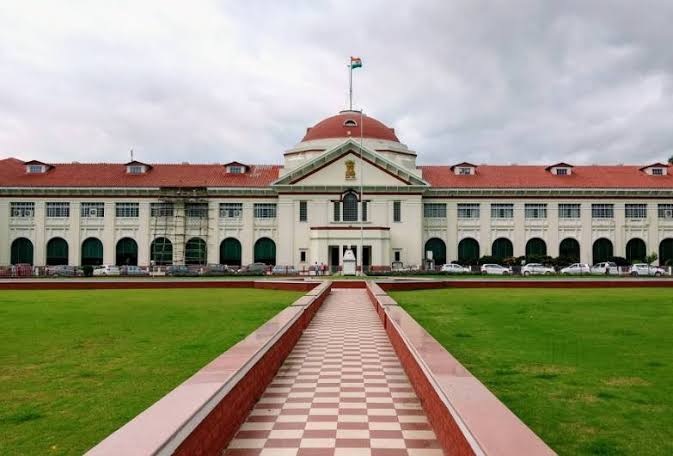Default Bail Under Section 167 of the Code of Criminal Procedure (CrPC): A Critical Safeguard of Personal Liberty

In India, the legal provision of default bail, granted under Section 167 of the Code of Criminal Procedure (CrPC), represents a fundamental safeguard of individual liberty within the criminal justice system. It provides a critical mechanism for upholding the right to freedom when the investigative authorities fail to complete their probe within the specified timeframe. This article delves into the principles, applicability, and recent judicial interpretations surrounding default bail, with a focus on how this provision serves as a check against prolonged detention without trial.
Understanding Default Bail Under Section 167 CrPC
Section 167 of the CrPC is primarily designed to balance the interests of both the individual and the state. Under this provision, the police are granted the authority to detain an accused person during the initial stages of the investigation. However, this power is strictly limited in duration to ensure that individuals are not held indefinitely without sufficient cause.
The statutory timeframes for detention under Section 167(2) are as follows:
- 60 Days: For cases where the investigation pertains to an offence punishable with imprisonment of less than 10 years.
- 90 Days: For cases involving offences punishable with death, life imprisonment, or imprisonment of ten years or more.
If the investigating agency fails to complete the investigation and file the chargesheet within these timeframes, the accused gains an indefeasible right to be released on default bail, provided they apply for it.
Importance of Default Bail: Constitutional Safeguards and Judicial Interpretation
Default bail under Section 167(2) is not merely procedural; it is a fundamental right that upholds the constitutional principle of personal liberty as enshrined in Article 21 of the Constitution of India. In Hussainara Khatoon v. Home Secretary, State of Bihar (1979), the Supreme Court recognized the importance of speedy trials as part of the right to life and personal liberty, emphasizing that detention without trial for prolonged periods violates Article 21.
In Rakesh Kumar Paul v. State of Assam (2017), the Supreme Court reiterated that default bail serves as a tool to ensure that an individual’s liberty is not indefinitely curtailed. The Court held that the right to default bail arises immediately upon the expiration of the stipulated time limit, and any delay by the authorities to file a charge sheet cannot obstruct the individual’s release on bail once this right is accrued.
Key Conditions and Procedural Aspects of Default Bail
For default bail to be granted, several essential conditions must be fulfilled:
- Non-filing of Chargesheet: The investigative authorities must fail to submit the chargesheet within the prescribed 60 or 90 days.
- Filing an Application: The accused must actively apply for default bail after the statutory period expires.
- Consideration of Offence Severity: The classification of the offence—whether it warrants 60 or 90 days of investigation—plays a significant role in determining eligibility.
Once these criteria are met, the magistrate has no discretion to deny default bail unless other grounds for refusal arise after the filing of the application.
Judicial Decisions Emphasizing the Nature of Default Bail
The judicial stance on default bail has evolved over time, with several landmark judgments shaping its contours. Notable among them is the Supreme Court’s decision in Sanjay Dutt v. State through C.B.I. (1994), which clarified that default bail is an absolute right. However, this right remains valid only until the filing of the chargesheet; once the chargesheet is filed, the accused’s eligibility for bail is subject to regular bail considerations.
In M. Ravindran v. Intelligence Officer, Directorate of Revenue Intelligence (2020), the Supreme Court further held that default bail cannot be defeated by any subsequent filing of the chargesheet if the application for default bail has already been made. This case strengthened the idea that the right to default bail is a statutory entitlement that cannot be negated by delayed procedural maneuvers from the prosecution.
Default Bail and its Impact on the Criminal Justice System
Default bail under Section 167(2) CrPC serves as a necessary check on potential misuse of investigative powers and ensures that an individual’s right to liberty is not compromised due to administrative inefficiencies. By enforcing a strict time limit, it compels investigative agencies to act with diligence and discourages unwarranted detention without formal charges.
While it is primarily a procedural safeguard, default bail also plays a substantial role in reducing the burden on courts and prisons. By ensuring timely filing of chargesheets, it helps prevent overcrowding in detention facilities and promotes a more efficient judicial process.
Conclusion: Default Bail as an Indispensable Right
The provision of default bail under Section 167 CrPC stands as a testament to India’s commitment to protecting personal liberty and preventing arbitrary detention. This provision, when enforced effectively, acts as a balancing mechanism within the criminal justice system, ensuring that an individual’s freedom is not compromised due to procedural delays. Judicial interpretations over the years have reinforced the non-negotiable nature of this right, making it an indispensable safeguard in upholding justice and the rule of law in India.